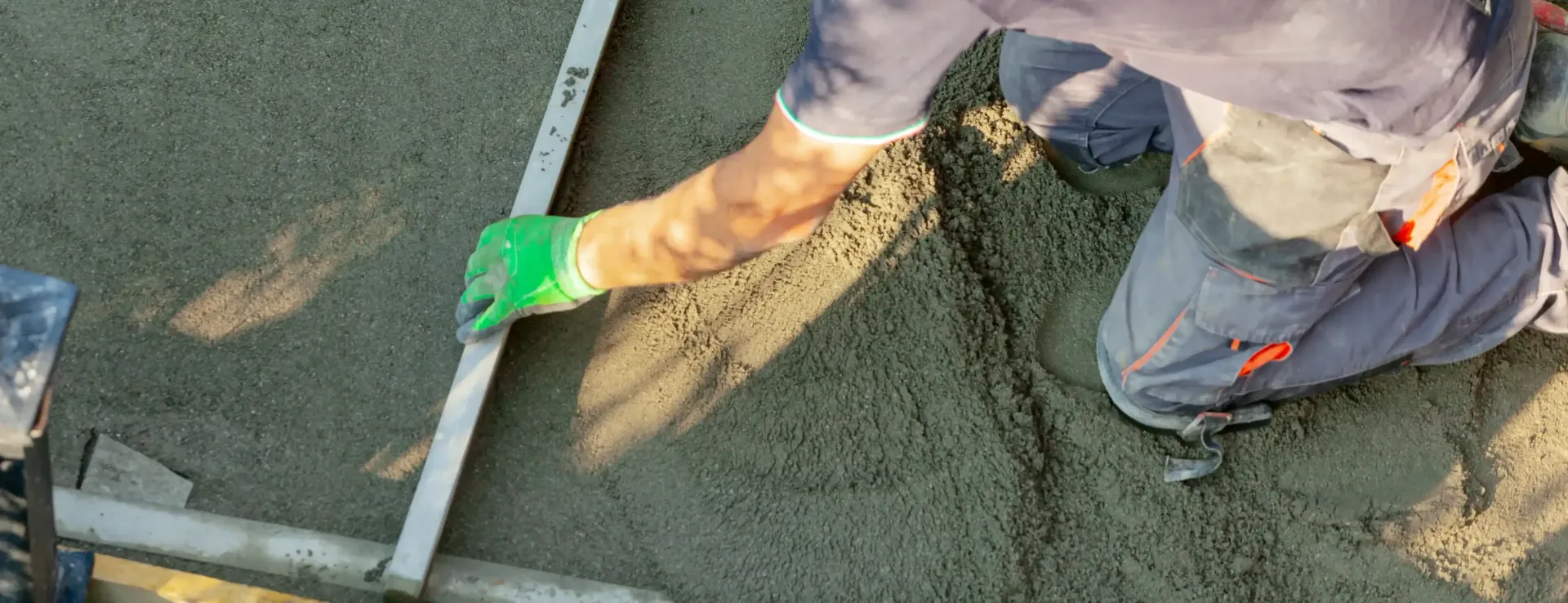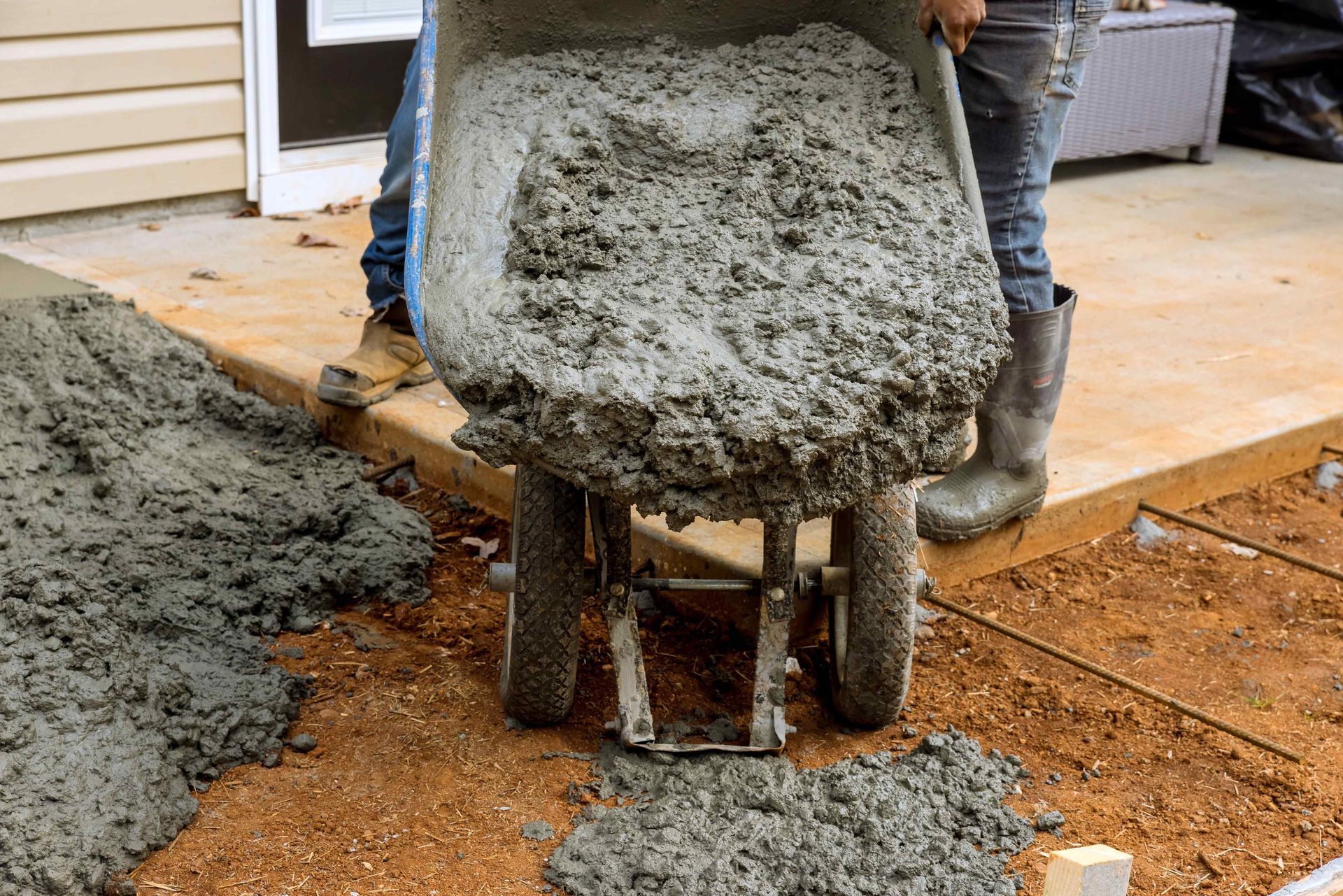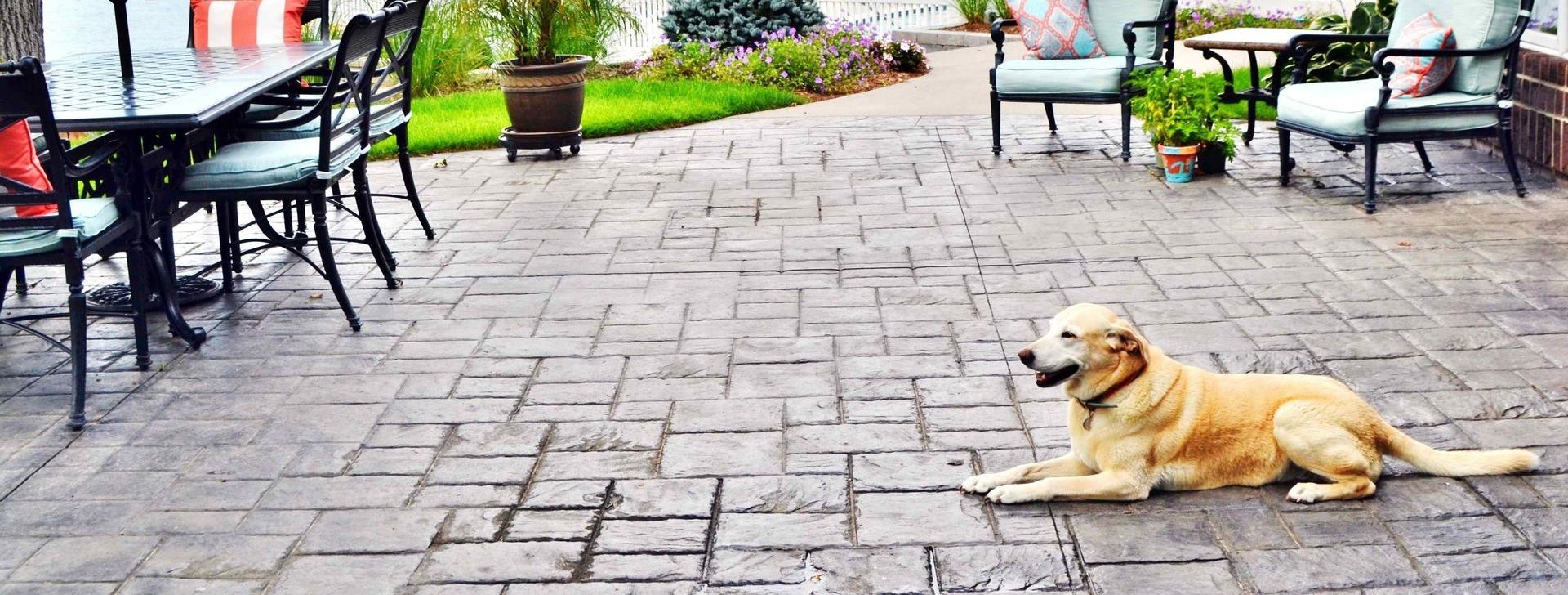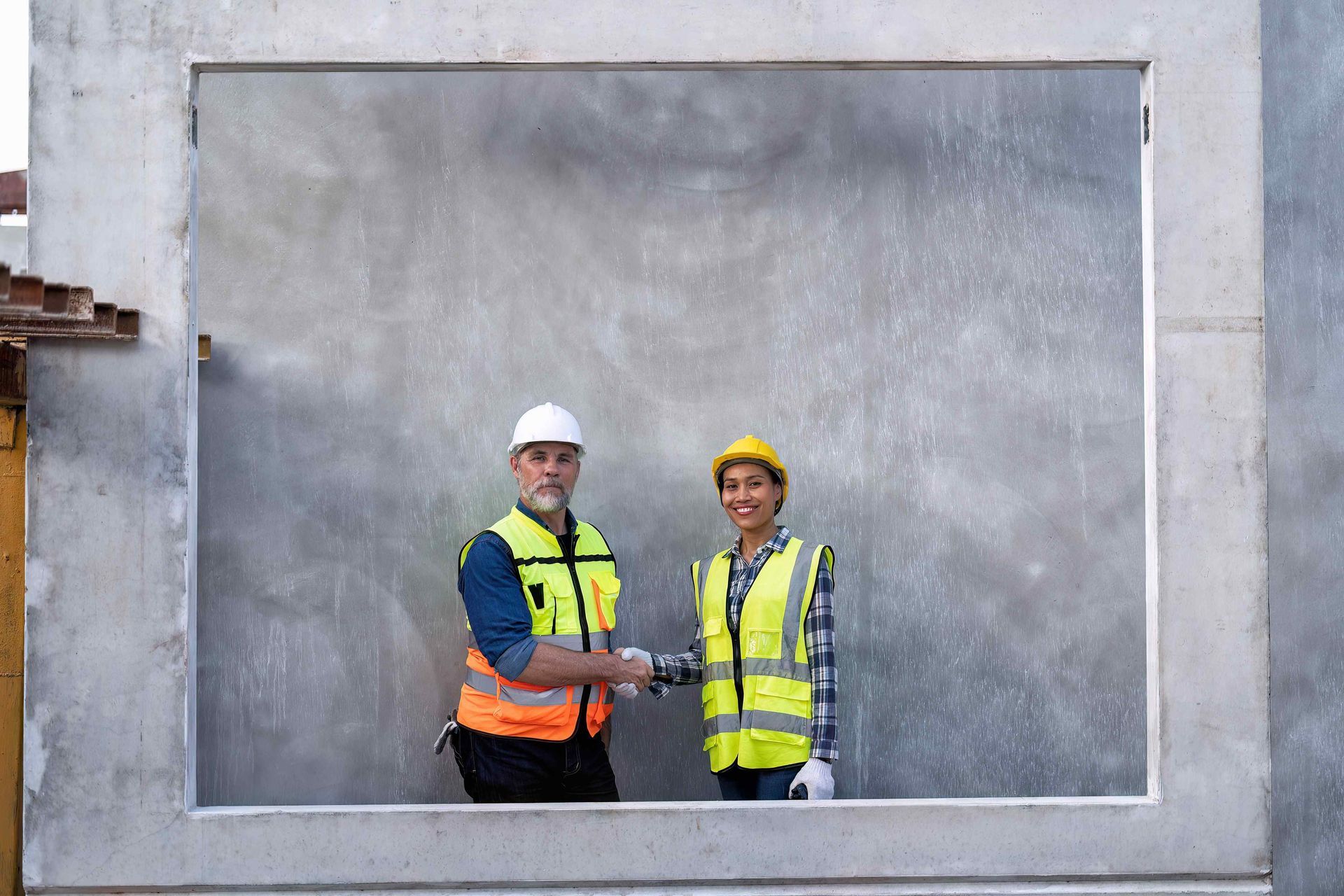How Weather Conditions Affect Concrete Pouring and Curing in Abilene
Concrete is a versatile and durable material used for driveways, foundations, patios, and more. However, its strength and longevity depend heavily on how it’s poured and cured—both of which are influenced by weather conditions. In Abilene, Texas, where temperatures can range from blistering summer highs to chilly winter lows, understanding these effects is essential for achieving quality results. Let’s explore how different weather conditions impact concrete and what steps can be taken to ensure optimal performance.

Hot Weather Challenges
In Abilene, summers often bring high temperatures and dry conditions. While warm weather can speed up the curing process, extreme heat poses several challenges:
- Rapid Water Evaporation: High heat can cause water in the concrete mix to evaporate too quickly, leading to shrinkage cracks and weakened strength.
- Shortened Workability Time: Concrete sets faster in hot weather, leaving less time for pouring and finishing.
Solutions:
- Pour concrete during cooler parts of the day, such as early morning or late evening.
- Use cool water and chilled aggregates in the mix.
- Apply curing compounds or wet coverings to slow evaporation and maintain moisture levels.

Cold Weather Concerns
Winters in Abilene can bring cold snaps that impact concrete in unique ways:
- Delayed Setting: Low temperatures slow down the chemical reaction (hydration) that gives concrete its strength, increasing the risk of weak spots.
- Freezing Damage: If water in the concrete freezes before it fully cures, it can expand and cause cracking.
Solutions:
- Use a concrete mix designed for cold weather, often with accelerators to speed up curing.
- Protect freshly poured concrete with insulating blankets or heated enclosures.
- Avoid pouring concrete if temperatures are expected to fall below freezing within 24 hours.

Rain and Humidity
Rain can be a wild card in Abilene, especially during spring storms. Excess water during pouring or early curing stages can dilute the mix, weaken the surface, and cause uneven curing.
Solutions:
- Check the weather forecast and avoid pouring concrete on rainy days.
- Use plastic sheeting or tarps to protect the site during unexpected showers.
- Ensure proper drainage to prevent water pooling around the concrete.
Windy Conditions
The West Texas winds common in Abilene can also impact concrete projects:
- Increased Evaporation: Wind accelerates the drying of the surface, increasing the risk of cracking.
Solutions:
- Set up windbreaks to shield the area from gusts.
- Use curing compounds or keep the surface moist with light water sprays.

Seasonal Planning
Knowing Abilene’s seasonal patterns can help you plan your concrete projects more effectively. Spring and fall typically offer moderate temperatures and are ideal for pouring concrete. Always consult with a professional to determine the best timing and techniques for your specific project.
Trust the Experts
Weather conditions play a critical role in the success of any concrete project. By understanding these factors and implementing the right strategies, you can achieve durable, long-lasting results. If you’re planning a concrete project in Abilene, Expert Concrete is here to help. With our local experience and commitment to quality, we ensure your concrete withstands whatever Texas weather throws its way.
Contact us today to discuss your project or get a free estimate




